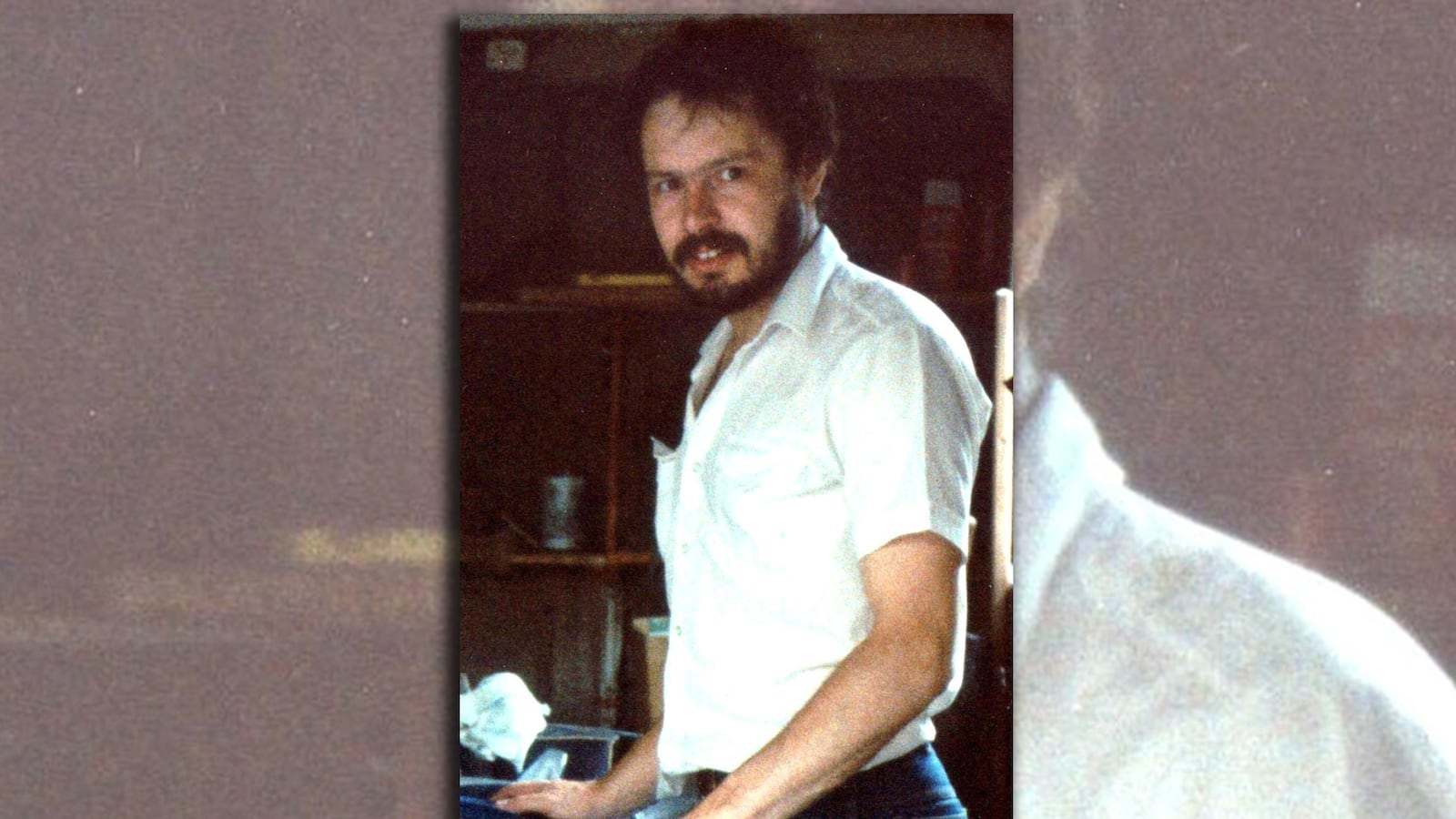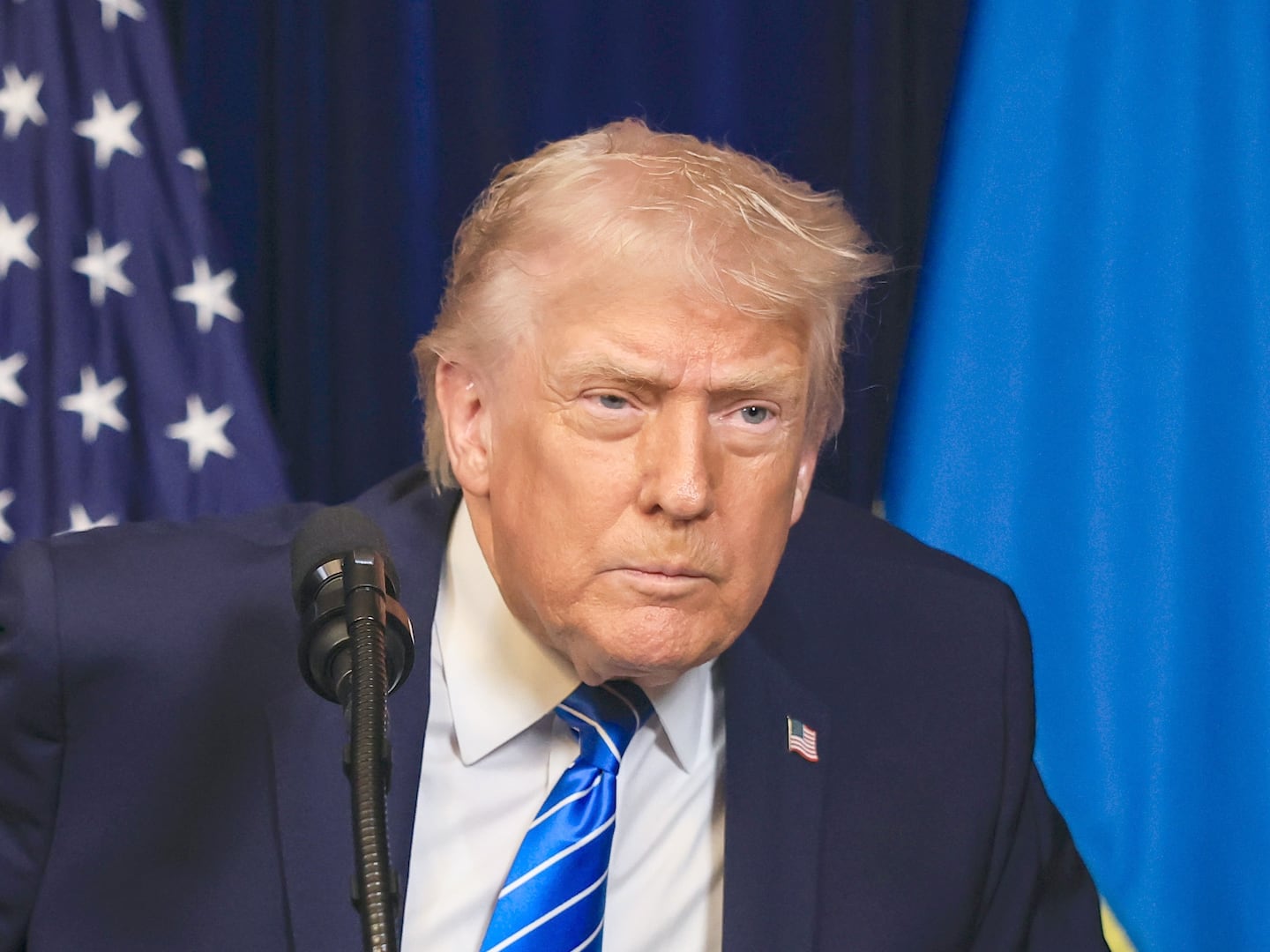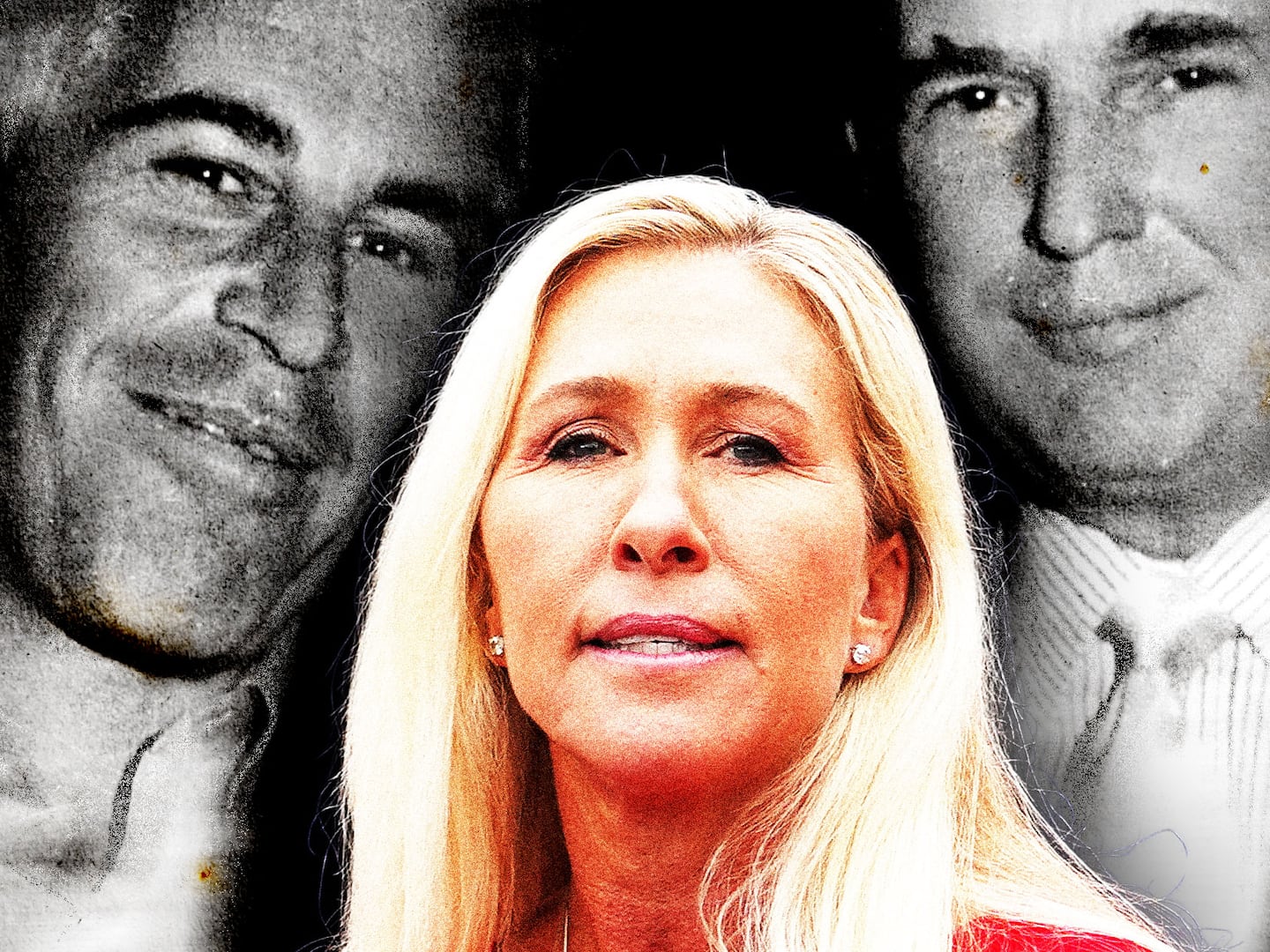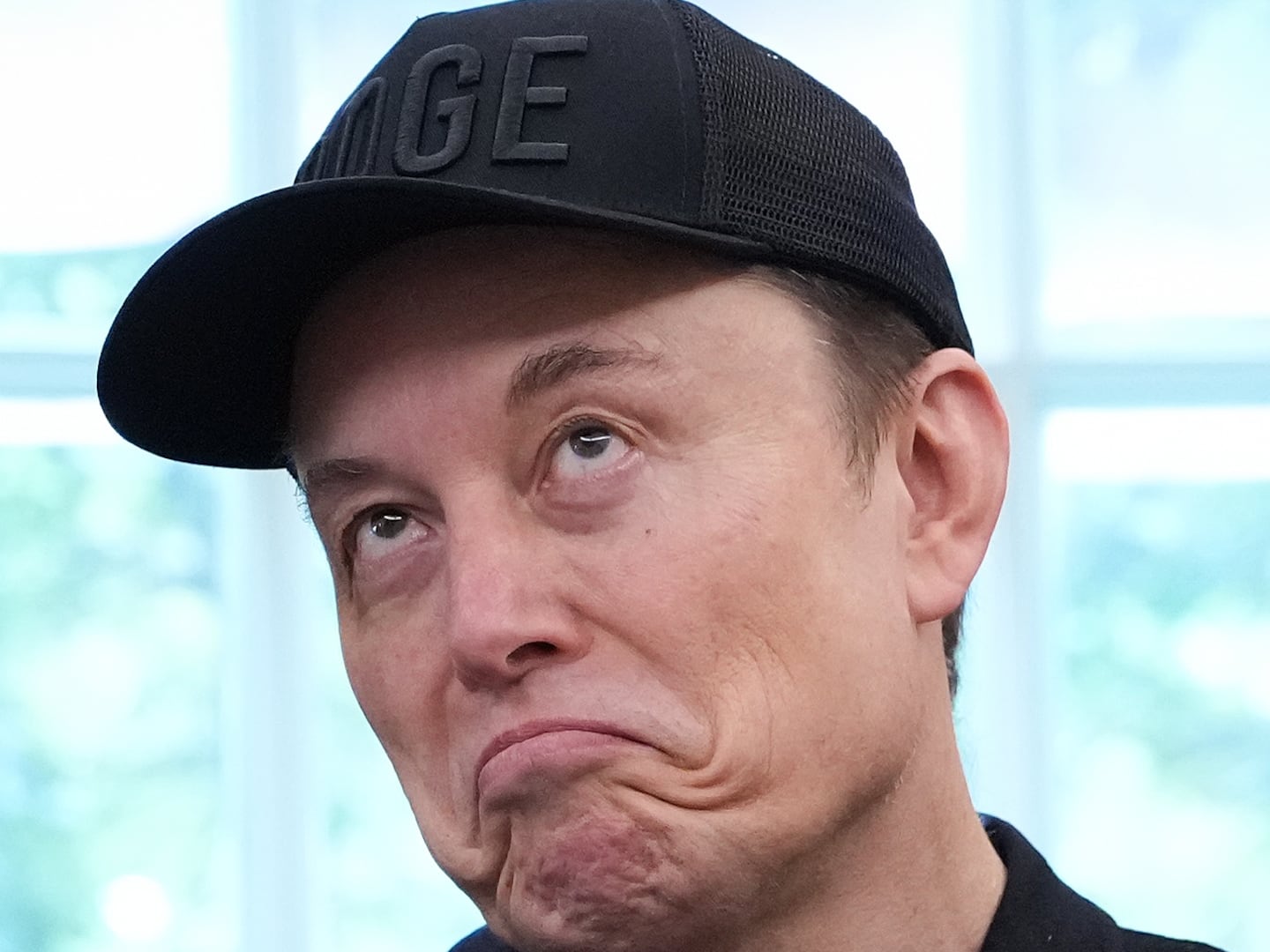It is Britain’s biggest unsolved murder, and described by a senior police officer as “the pivotal crime of the times.”
It plunges into the heart of what former prime minister Gordon Brown called the “criminal-media nexus” exposed by the hacking and bribes scandal that engulfed Rupert Murdoch’s British tabloid titles. Only on this occasion the crimes went well beyond privacy intrusion and corrupt payments, to a brutal killing.

On Friday, home secretary Theresa May announced a judge-led public inquiry into the murder of Daniel Morgan, who was found with an axe embedded in his head in a South London car park in 1987. The panel of experts will examine not only the police corruption that sabotaged five successive police investigations and caused the subsequent murder trial to collapse, but also the “connections between private investigators, police officers and journalists at the News of the World and other parts of the media and corruption involved in the linkages between them.”
Daniel Morgan ran a successful private investigations agency, Southern Investigations, with Jonathan Rees in the 1980s. However, as explained to The Daily Beast by his brother Alastair, Daniel had become suspicious of his business partner and concerned about police corruption. He was preparing to expose local police officers to the now-shuttered News of the World according to another colleague. But after a meeting with Rees, Daniel was murdered.
One of the officers to first investigate the murder, Sid Fillery, left the police and took over Daniel’s role at Southern Investigations. Over the next two decades Fillery and Rees formed one of the most prolific private detective agencies working for the British press, and established what the investigative journalists Nick Davies and Vikram Dodd described as an “empire of corruption.”
According to the Guardian they provided material, mainly for News of the World, through a variety of illegal means, including paying police officers for confidential records, obtaining phone records, care registration details, banks account details, and allegedly using ‘Trojan Horse’ emails to hack computers. According to two sources, the firm “commissioned burglaries to obtain material for journalists.”
A senior police source described the Morgan murder and the Rees-Fillery partnership as the origin of the illegal practices exposed by the hacking scandal. “Their relationship with News of the World,” the source said “was without question the maternity ward where the Dark Arts were born.”
Meanwhile Southern Investigations was still subject to no less than five police investigations at a cost of some $50 million. The police planted an undercover officer in the agency, and had the offices bugged. However, most of the material has never been released.
Further police investigations were deliberately sabotaged by employees of News of the World. David Cook, who led two of inquiries, had his phone hacked by the tabloid, his house watched, and his family followed. As his former wife and police officer Jacqui Hames explained to the Leveson Inquiry Press ethics last year, the surveillance was due to “collusion between people at News of the World and those suspected of the murder.”
When confronted about the surveillance, then editor of News of the World Rebekah Brooks claimed it was a legitimate investigation to see if Cook and Hames were ‘having an affair’—though they had children and had been married for years.
Rees was sentenced for seven years over a separate crime in 2000, but was promptly rehired upon his release by Andy Coulson—an editor who had taken over from Brooks as editor of News of the World, and would soon move over to become Prime Minister David Cameron’s press supremo.
According to Alastair Morgan, the terms of reference of the new inquiry have been under discussion for months. “It was only the hacking scandal and the Leveson Inquiry which brought this back into the spotlight,” he told The Daily Beast. Modelled on the recent Hillsborough Panel, which last year revealed police misconduct and press lies about the death of 96 Liverpool supporters at a football stadium in the 1989, Alastair hopes the inquiry will at least expose the cover-up, although— because of the “legal nightmares of previous investigations”— he doubted those behind the murder would ever be brought to justice.
David Cook, who ran two of the murder inquiries, compared the Morgan case to another notorious South London murder, the racist killing of black teenager Stephen Lawrence in 1996, which also took decades to come to justice “but instead of race being the issue, this time it is about corruption.” “This whole saga could best be described as an iceberg,” Cook told the Daily Beast. “What you see on the surface is nothing to what lies underneath.”
Campaigning Labour MP Tom Watson, a key figure in exposing the phone hacking scandal through Parliament, believes that the new inquiry—with power to examine all the police documents going back to 1987—could prove historic. “By the end of this process we should know more about a very opaque period in British history when corrupt police, private investigators, and tabloid journalists worked together,” he said. Watson told The Daily Beast he was particularly interested in what happened to the material garnered in the late 1990s concerning “the relationship between Southern Investigations and News of the World.” He hoped there will be a full investigation of what senior officers really knew back then.
Above all, however, Watson wanted to pay tribute to the Morgan family for their often lonely and unheard campaign. Two decades ago Alastair Morgan made solemn promise to his dead brother that he “would not rest” until the corruption was exposed. As the public inquiry gets under away later this year, his pledge may at last be honoured.






